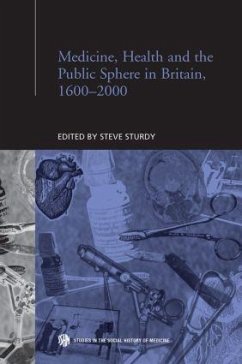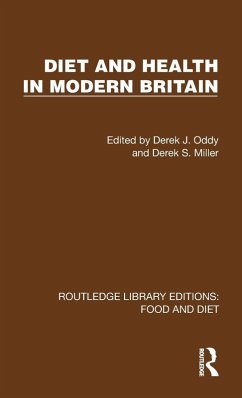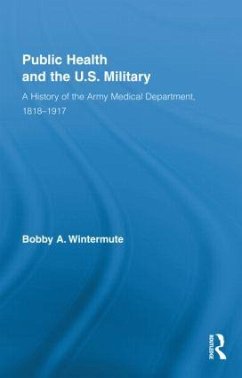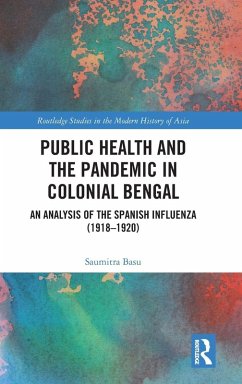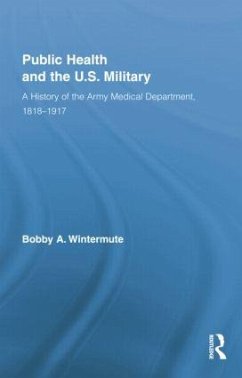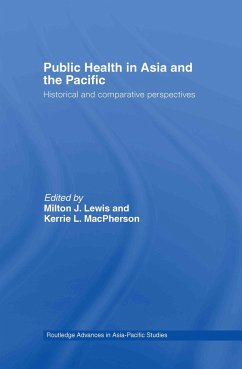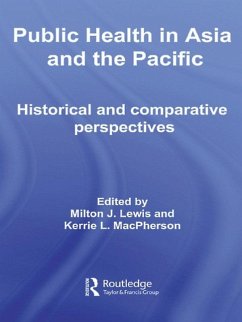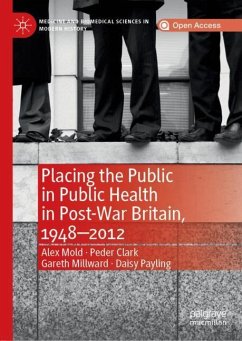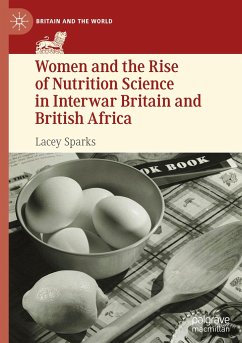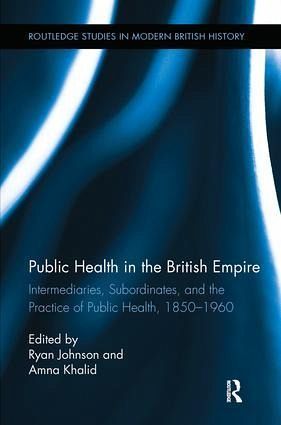
Public Health in the British Empire
Intermediaries, Subordinates, and the Practice of Public Health, 1850-1960
Herausgeber: Johnson, Ryan; Khalid, Amna
Versandkostenfrei!
Versandfertig in 1-2 Wochen
176,99 €
inkl. MwSt.
Weitere Ausgaben:

PAYBACK Punkte
88 °P sammeln!
Over the last several decades, historians of public health in Britain's colonies have been primarily concerned with the process of policy making in the upper echelons of the medical and sanitary administrations. Yet it was the lower level staff that formed the backbone of public health systems in the colonies. Although they constituted the bases of many colonies' public health machinery, there is no consolidated study of these individuals to date. Public Health in the British Empire addresses this gap by bringing together historians studying intermediary and subordinate staff across the Britis...
Over the last several decades, historians of public health in Britain's colonies have been primarily concerned with the process of policy making in the upper echelons of the medical and sanitary administrations. Yet it was the lower level staff that formed the backbone of public health systems in the colonies. Although they constituted the bases of many colonies' public health machinery, there is no consolidated study of these individuals to date. Public Health in the British Empire addresses this gap by bringing together historians studying intermediary and subordinate staff across the British Empire. Along with investigating the duties and responsibilities of medical and non-medical intermediary and subordinate personnel, the contributors to this volume show how the subjectivity of these agents influenced the manner in which they discharged their duties and how this in turn shaped policy. Even those working as low level assistants and aids were able to affect policy design. In this way, Public Health in the British Empire brings into sharp relief the disaggregated nature of the empire, thereby challenging the understanding of the imperial project as an enterprise conceived of and driven from the center.




